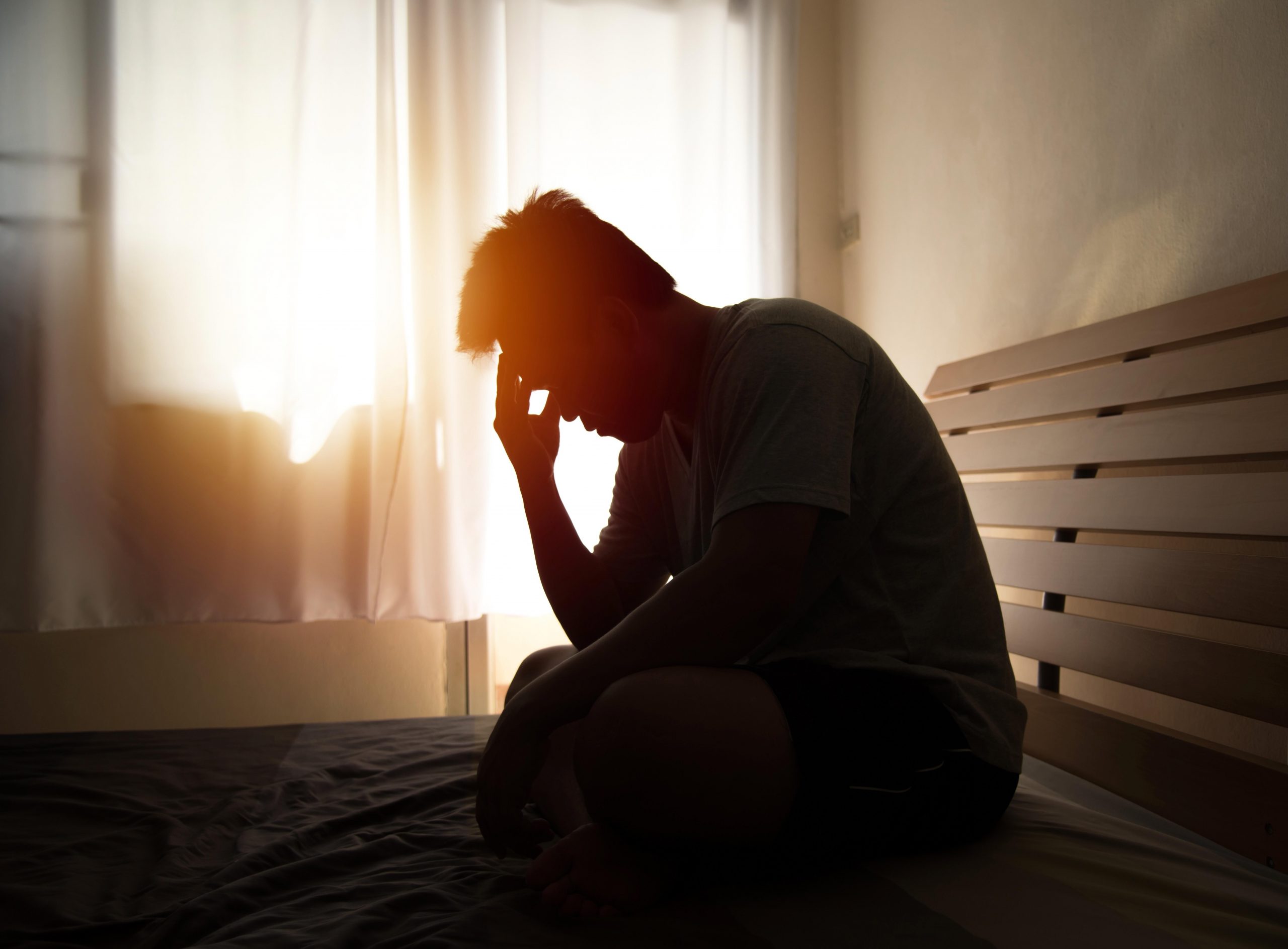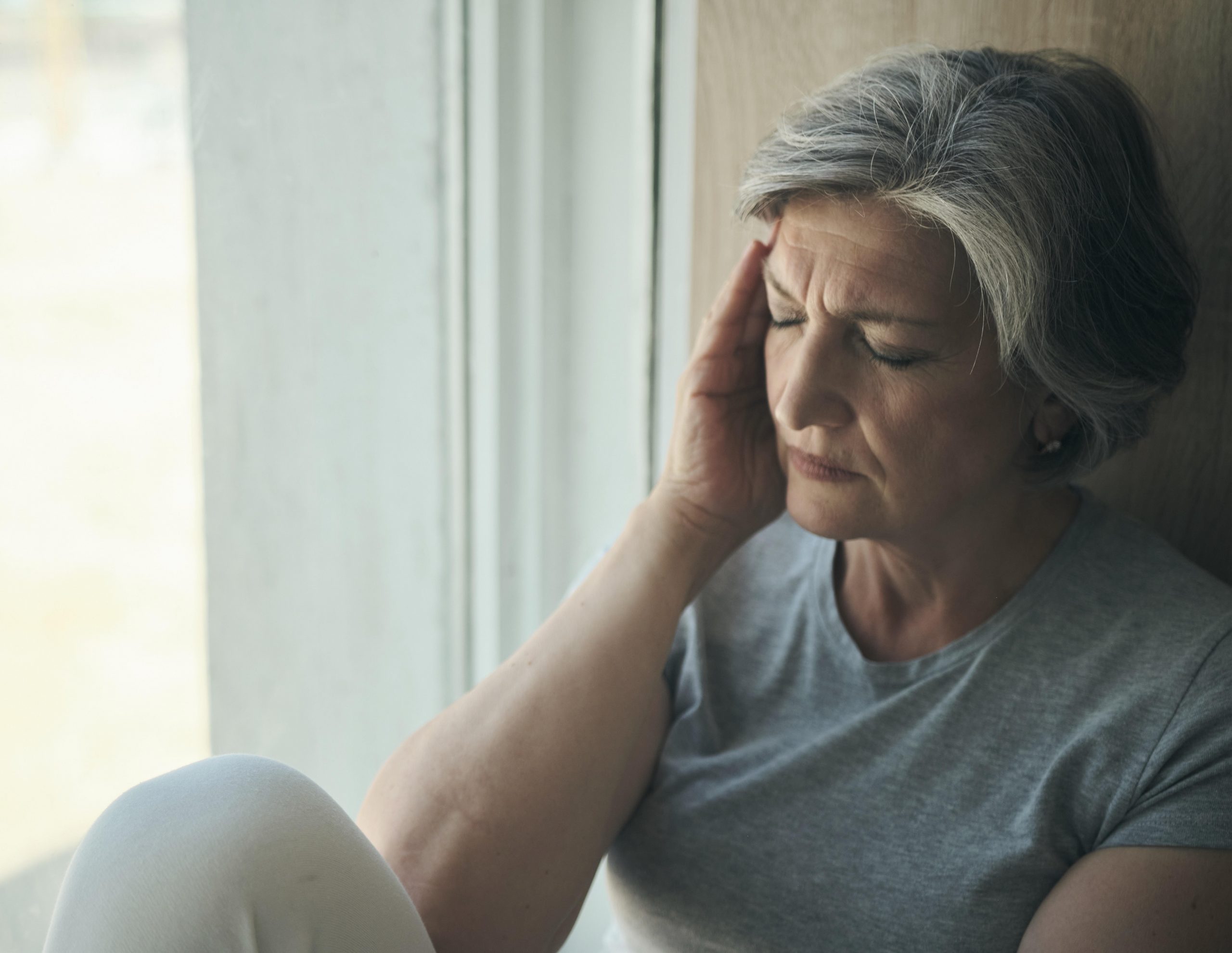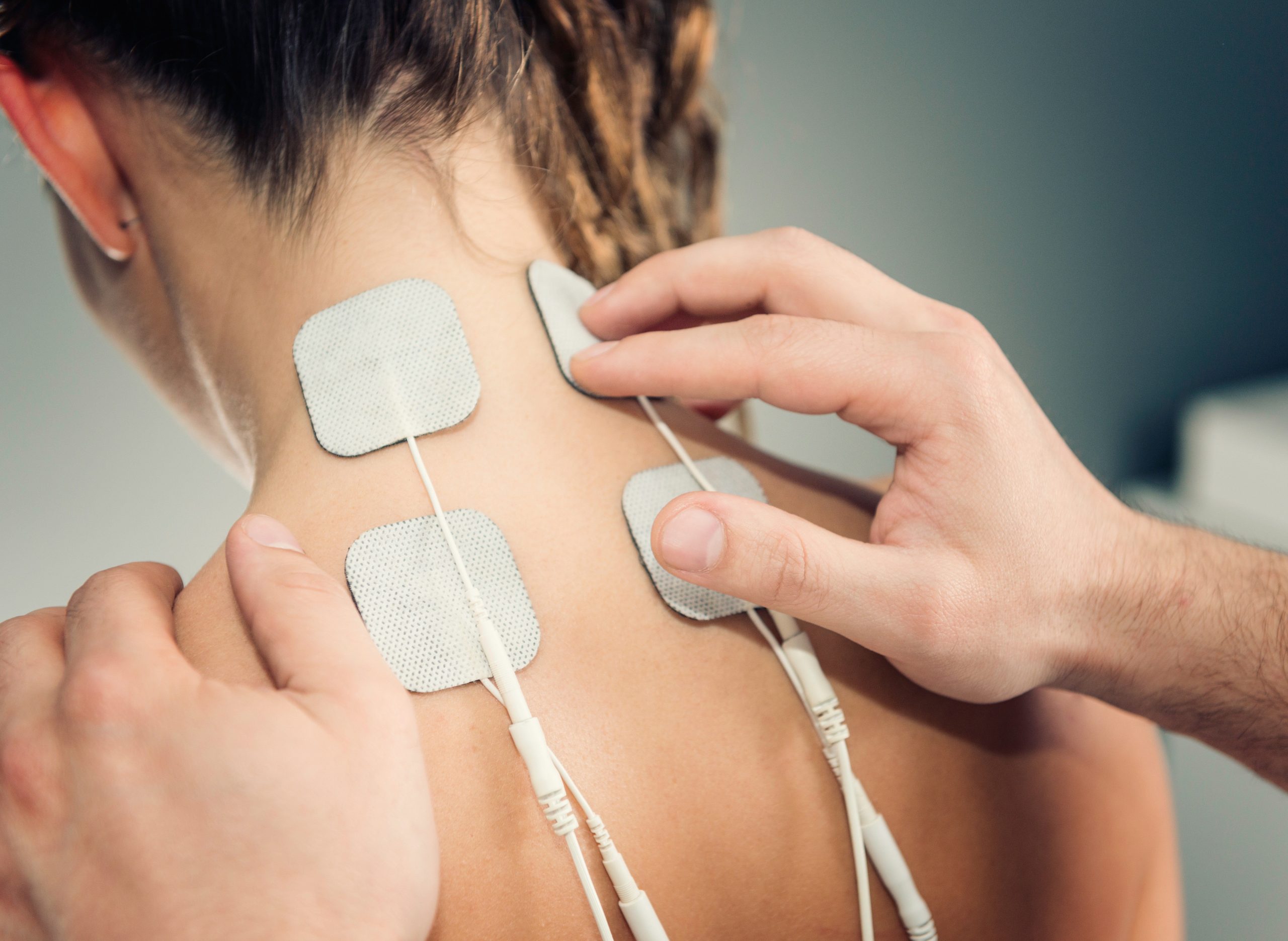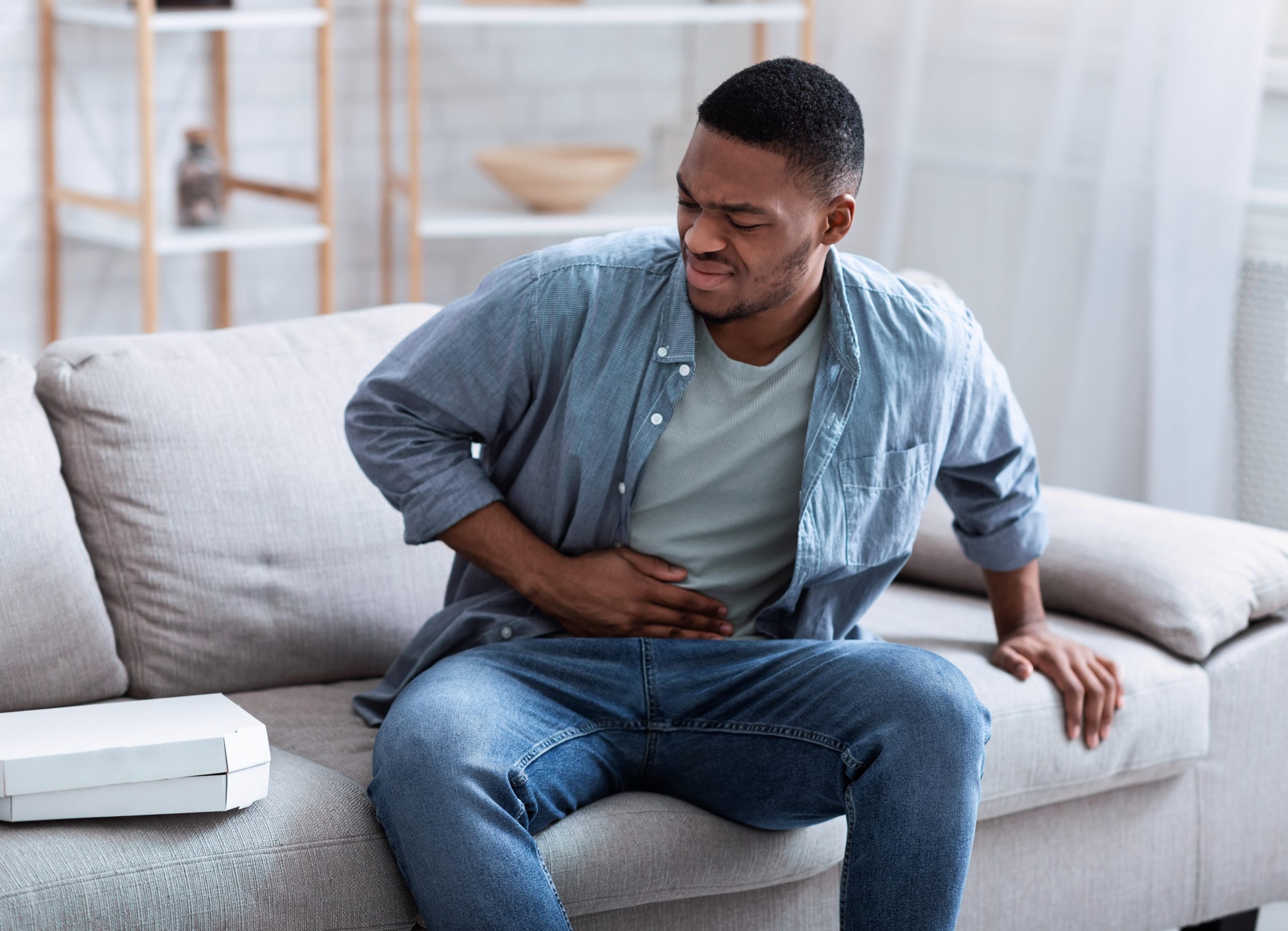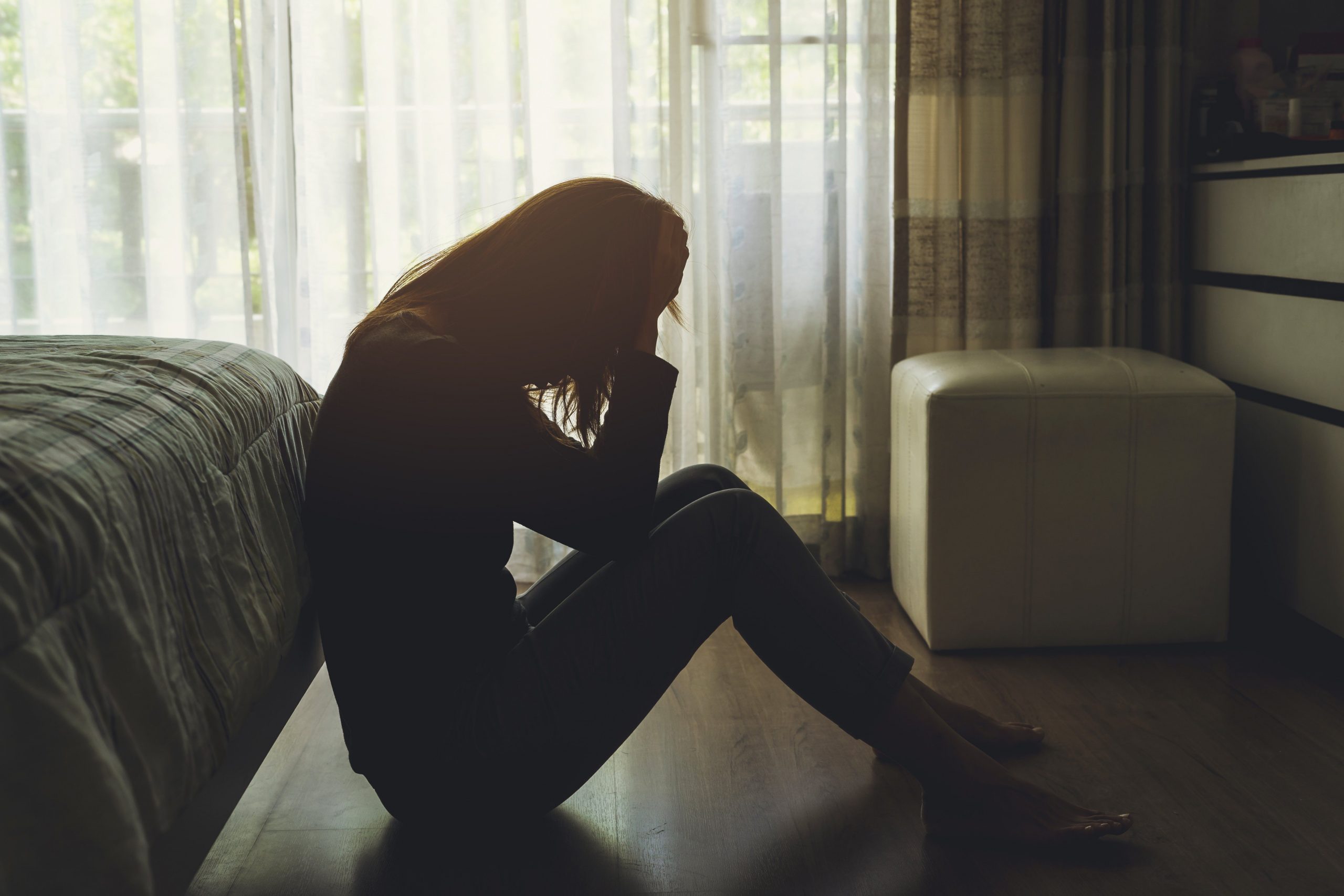
The mental health crisis hitting Americans shows no sign of abating, with provisional numbers for 2022 showing suicides rose by another 2.6% last year. That follows on an overall 5% increase in suicides in 2021, noted officials at the U.S. Centers for Disease Control and Prevention, which on Thursday released the early data for 2022.… read on > read on >










